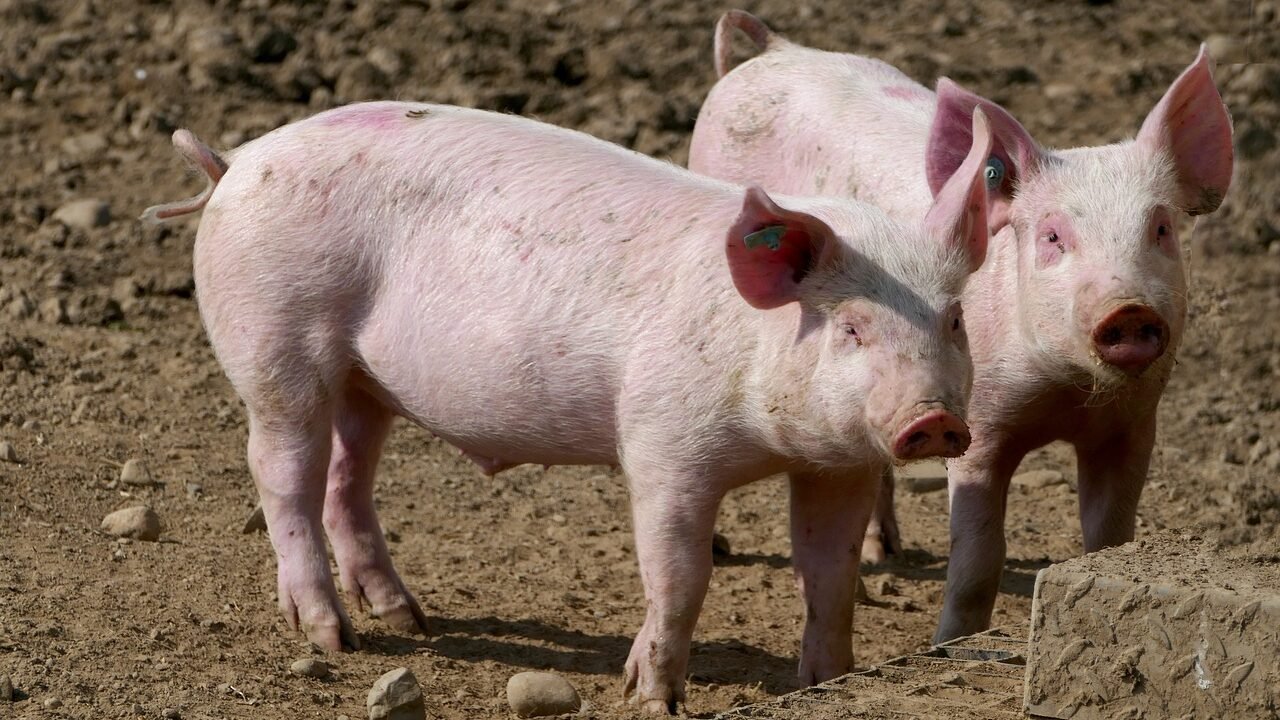
Iron is an essential mineral for animal health and productivity. However, the amount of iron in typical animal feed may not be sufficient to meet their needs. As a result, supplementing with iron is often necessary. In this article, we’ll explore the differences between the most common iron supplements used in animal nutrition: amino acid chelated iron, ferrous sulfate, and ferrous fumarate.
Amino Acid Chelated Iron
Amino acid chelated iron is a type of organic iron supplement. It is created by binding iron to amino acids through a chelation process. This type of iron supplement is highly bioavailable, which means it can be easily absorbed and utilized by the animal’s body. In addition, it is less likely to interact with other dietary components, making it a safe and effective option for supplementing iron in animal feed.
Advantages:
- High bioavailability: Amino acid chelated iron is easily absorbed and utilized by animals, ensuring maximum iron intake
- Gentle on the digestive system: This form of iron is less likely to cause gastrointestinal issues such as constipation and diarrhea compared to other forms of iron supplements.
- Less harmful: Iron amino acid chelate is less toxic compared to other iron supplements and does not cause damage to the liver and other organs of animals.
- Good appetite: Because it has a structure similar to animal proteins, the iron amino acid chelate is more easily accepted by animals.
Disadvantages:
- Higher cost: Amino acid chelated iron is generally more expensive than other forms of iron supplements.
Ferrous Fumarate
Ferrous fumarate is another form of iron supplement commonly used for animal nutrition. It is a salt of iron and fumaric acid and is known for its high iron content.
Advantages:
- High iron content: Ferrous fumarate contains a high amount of iron, making it an effective iron supplement for animals.
- Affordable: This form of iron supplement is generally more affordable than amino acid chelated iron.
Disadvantages:
- Poor bioavailability: Ferrous fumarate is not as easily absorbed and utilized by animals as amino acid chelated iron, which may result in lower iron intake.
- Gastrointestinal issues: This form of iron supplement may cause gastrointestinal issues such as constipation and diarrhea in some animals.
- Toxic to animals: If excessive amounts of ferrous fumarate are ingested, it may cause damage to the liver and other organs of animals.
Ferrous Sulfate
Ferrous sulfate is an inorganic iron supplement that can effectively replenish iron in animals.
Advantages:
- Low cost and easy to access.
- It can rapidly increase the iron level in the animal’s body.
- It can reduce the occurrence of anemia.
Disadvantages:
- Poor stability and susceptibility to air, moisture, and other chemicals.
- It may affect the flavor and texture of the feed.
- It may cause gastrointestinal problems.
Conclusion:
Iron is an essential mineral for animal health and performance, and there are different types of iron supplements available for supplementation. Inorganic iron supplements, such as ferrous sulfate, are cheaper and more widely available, but may cause digestive upset and have lower bioavailability. Organic iron supplements, such as amino acid chelates and ferrous fumarate, are more expensive but offer better absorption and potentially lower toxicity. Among organic iron supplements, amino acid chelates have been shown to have higher bioavailability and efficacy than ferrous fumarate in some studies. However, the optimal form and dosage of iron supplementation may depend on factors such as animal species, age, diet, and health status, and should be determined based on specific needs and professional advice.
So you are welcome to contact SCIPRO’s animal nutrition experts immediately to get the best support.
